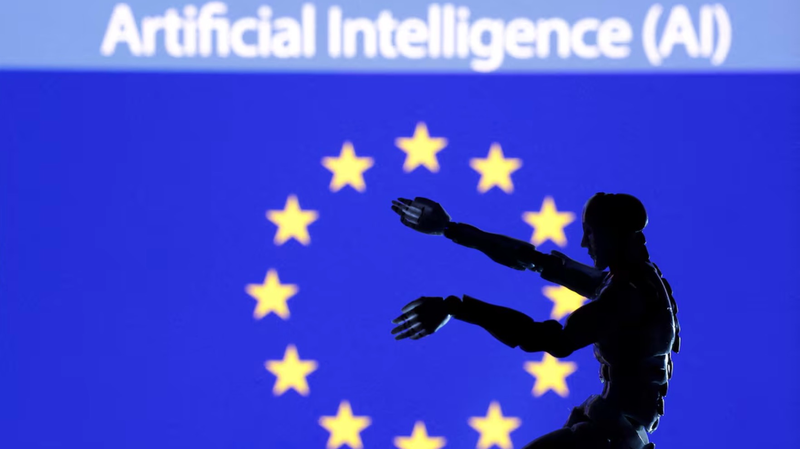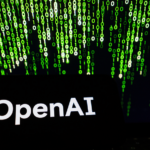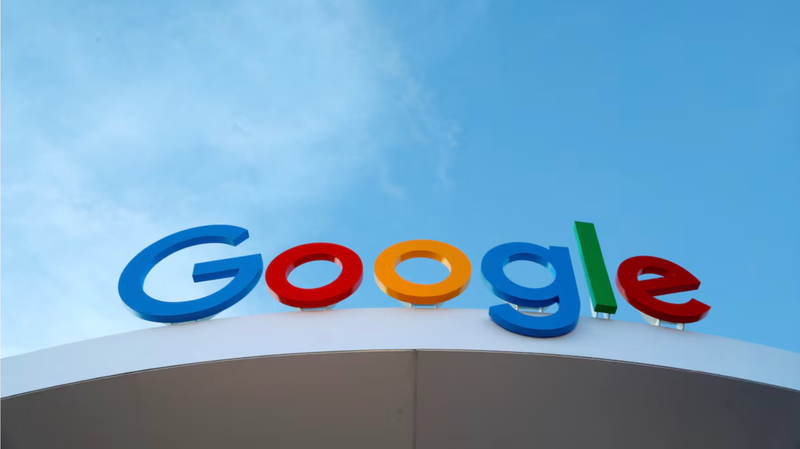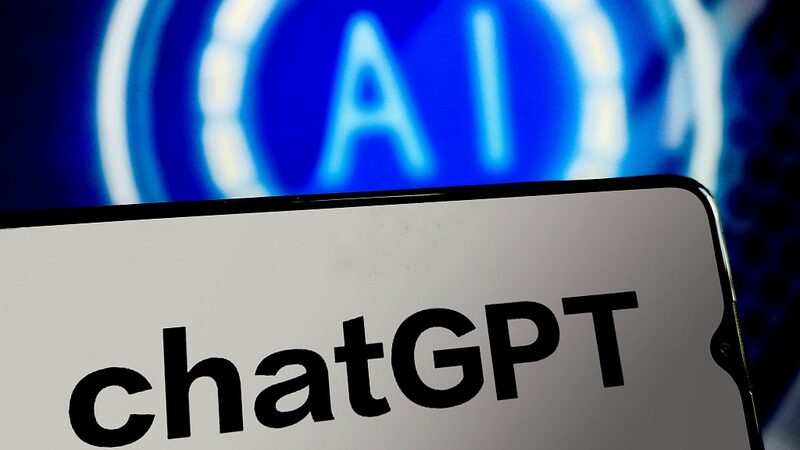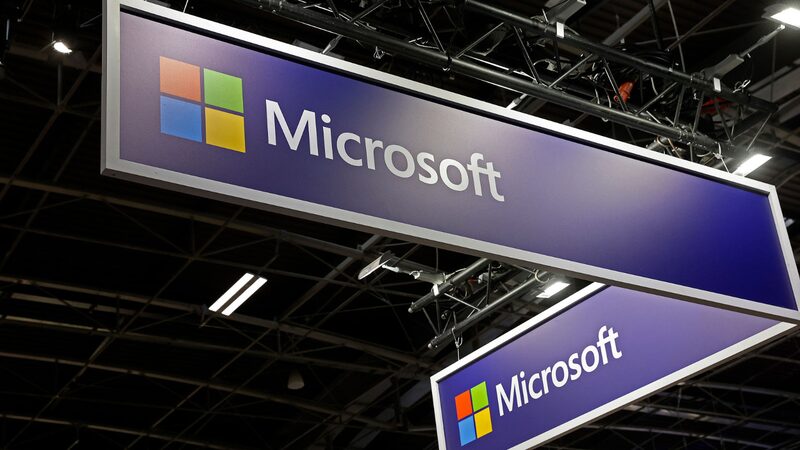The European Union’s antitrust regulators have turned their attention to major tech players, Microsoft and Google, over their recent artificial intelligence (AI) deals. This move underscores growing global unease about Big Tech’s expanding influence in the rapidly evolving AI sector, with potential ripple effects across Asia’s vibrant tech industry.
Microsoft’s Alliance with OpenAI Under the Microscope
Microsoft’s significant investment in OpenAI, the creator of ChatGPT, is facing potential investigation by EU antitrust officials. EU competition chief Margrethe Vestager announced plans to seek additional third-party insights into the exclusivity clauses of their partnership. While Microsoft has invested $13 billion into OpenAI’s for-profit subsidiary, aiming for a 49% stake, Vestager noted that the arrangement falls outside the scope of EU merger rules due to the absence of control.
A Microsoft spokesperson responded, stating, “We stand ready to respond to any additional questions the European Commission may have.”
Google and Samsung’s AI Collaboration Triggers Scrutiny
Simultaneously, Google’s AI deal with South Korean tech giant Samsung has also attracted regulatory attention. The agreement involves pre-installing Google’s AI model, Gemini Nano, on upcoming Samsung devices, including the Galaxy S24 series smartphones. Vestager expressed concerns about potential impacts on competition, particularly regarding smaller AI developers’ ability to reach users and businesses.
These investigations highlight regulators’ apprehension about major technology companies potentially leveraging their dominance to shape the future AI landscape, potentially sidelining emerging competitors.
Implications for Asia’s Tech Ecosystem
The EU’s scrutiny of these high-profile AI partnerships not only affects the involved companies but also sends ripples across Asia’s tech sector. Samsung, being a key player in the Asian market, could face challenges that may influence its business strategies and collaborations within the region. Additionally, Asian startups and AI developers might find new opportunities or obstacles depending on the outcomes of these regulatory actions.
Acquisitions and Talent Moves Under Watch
Vestager also indicated that the EU is monitoring “acqui-hire” practices, where companies acquire startups primarily for their talent pools. She cited Microsoft’s $650 million acquisition of the startup Inflection in March, which allowed it to utilize Inflection’s models and hire most of its staff. “We will make sure these practices don’t slip through our merger control rules if they basically lead to a concentration,” Vestager stated.
A Global Call for Fair Competition
As AI technology continues to advance, ensuring fair competition and preventing monopolistic control becomes increasingly crucial. The EU’s proactive approach represents a broader global effort to balance innovation with regulatory oversight. For Asia’s burgeoning tech industry, these developments could shape the environment in which companies operate, collaborate, and compete on the international stage.
The unfolding situation calls for close attention from businesses, investors, and policymakers across Asia, as the outcomes may redefine competitive dynamics and open up new avenues in the global tech arena.
Reference(s):
AI deals among Microsoft, OpenAI, Google and Samsung in EU crosshairs
cgtn.com
